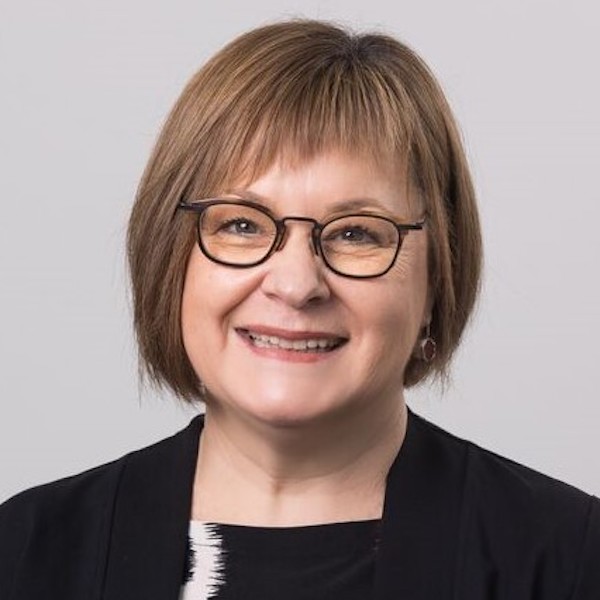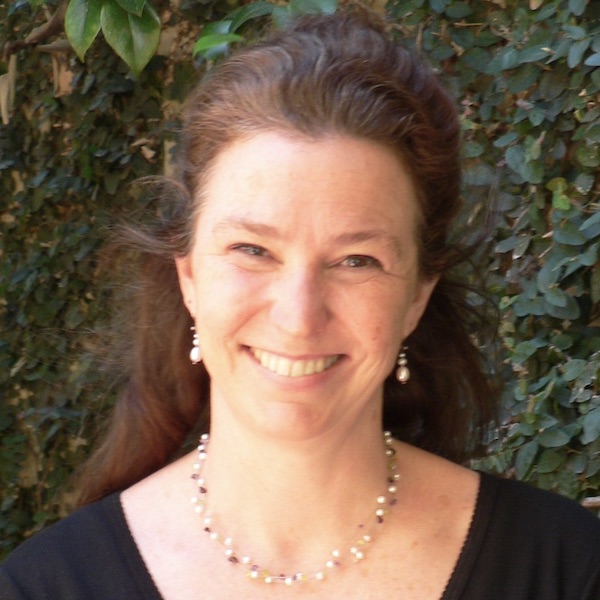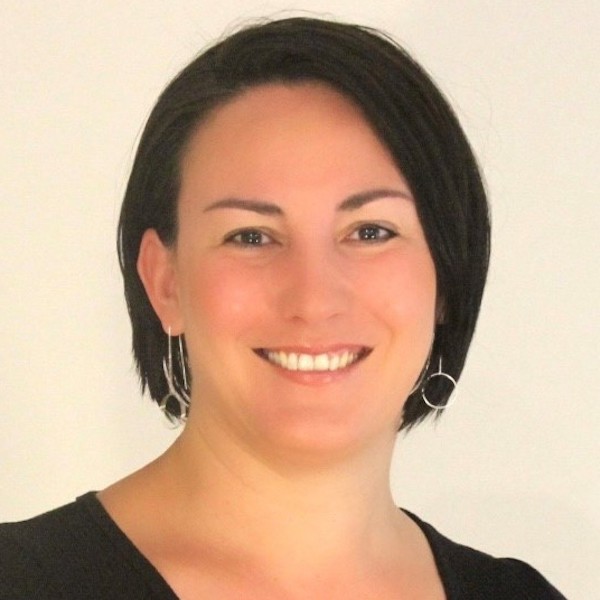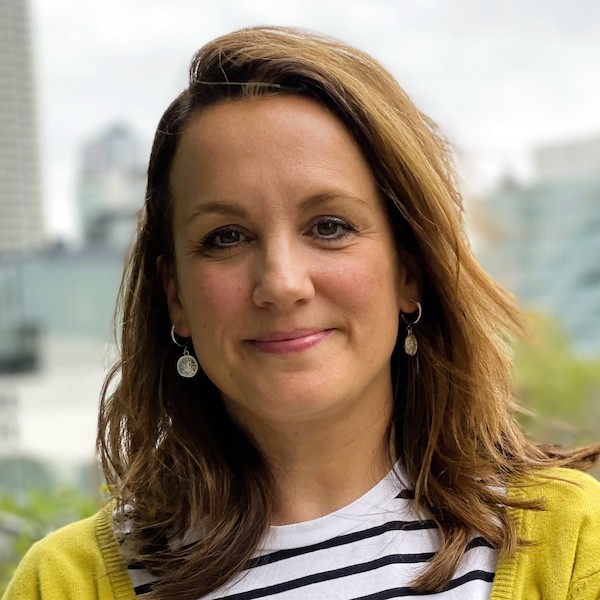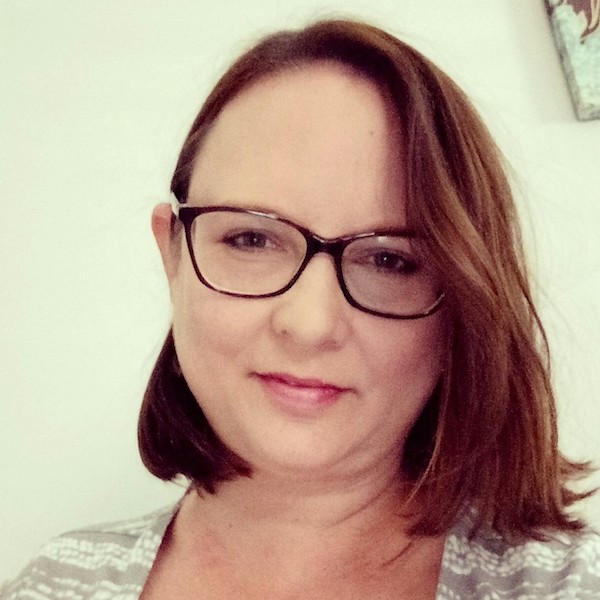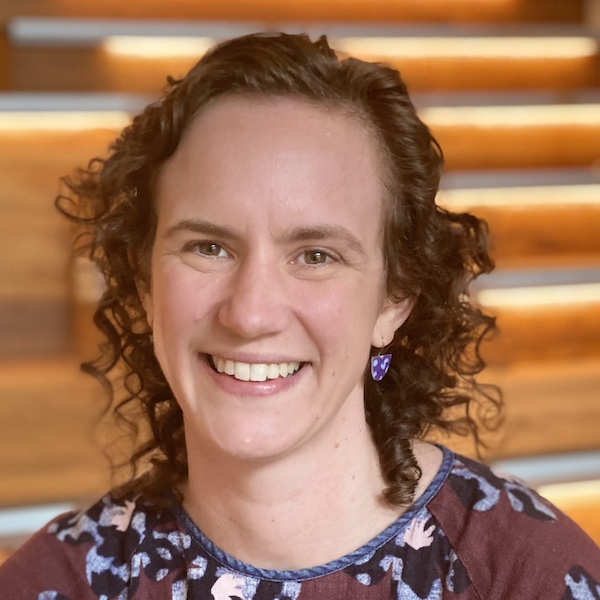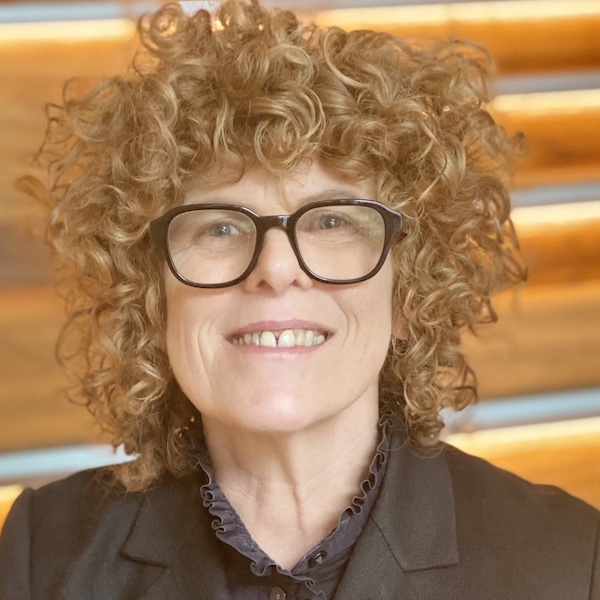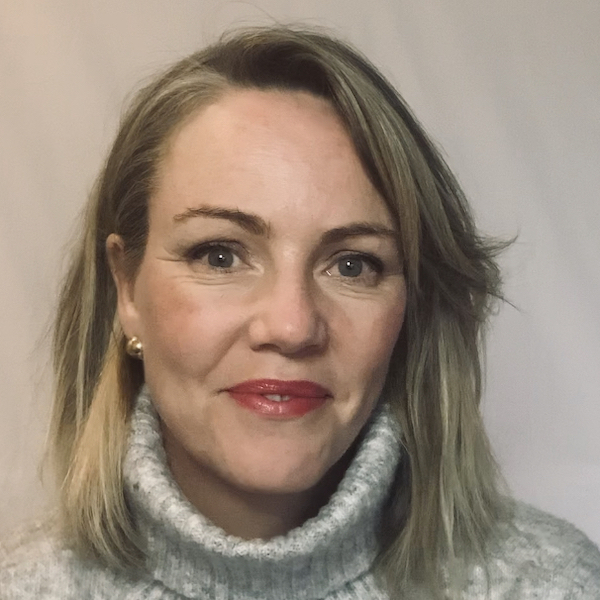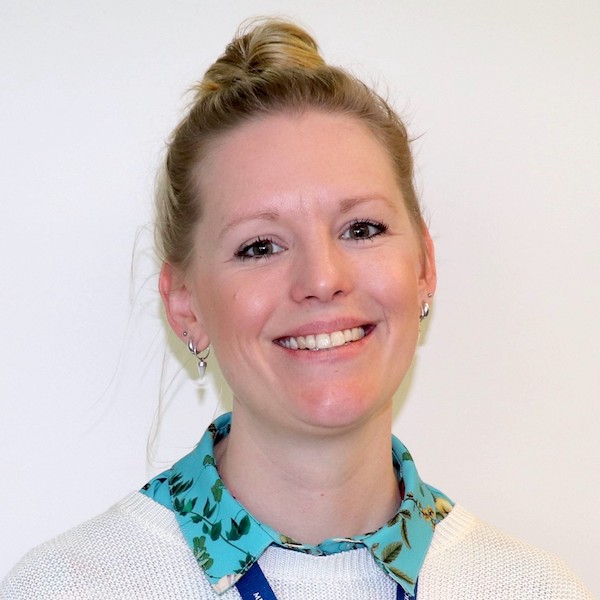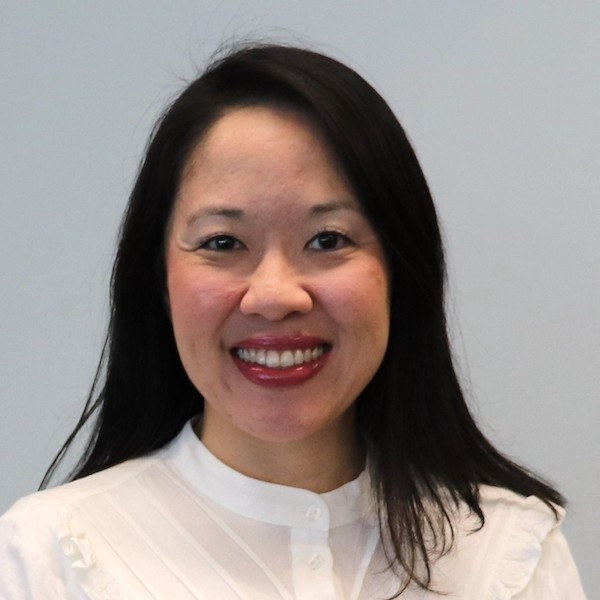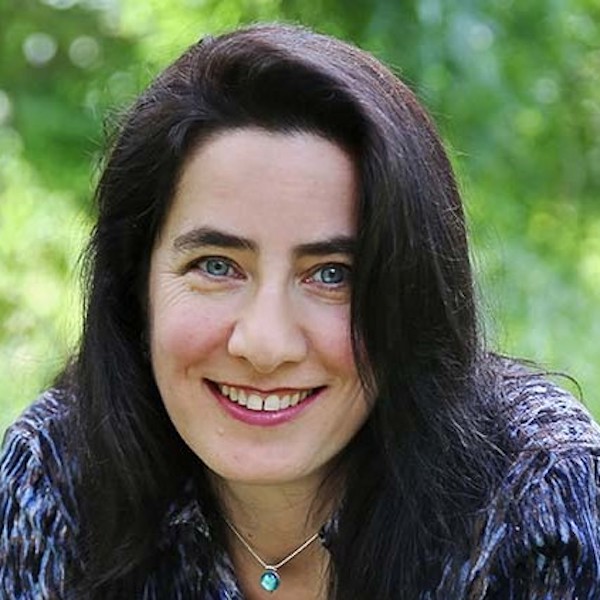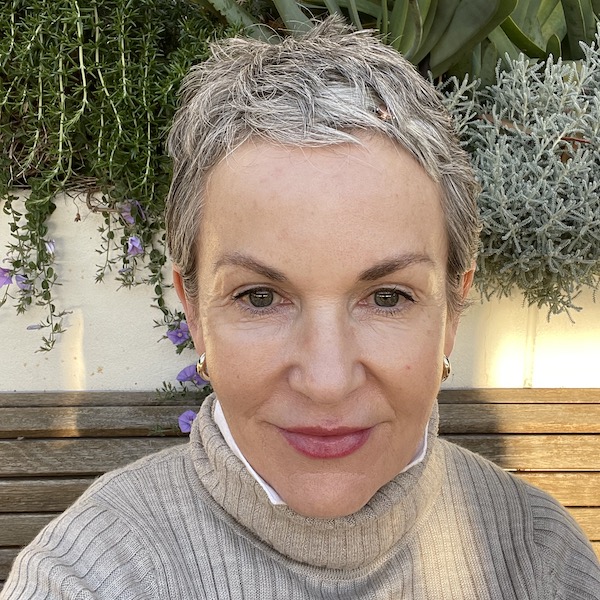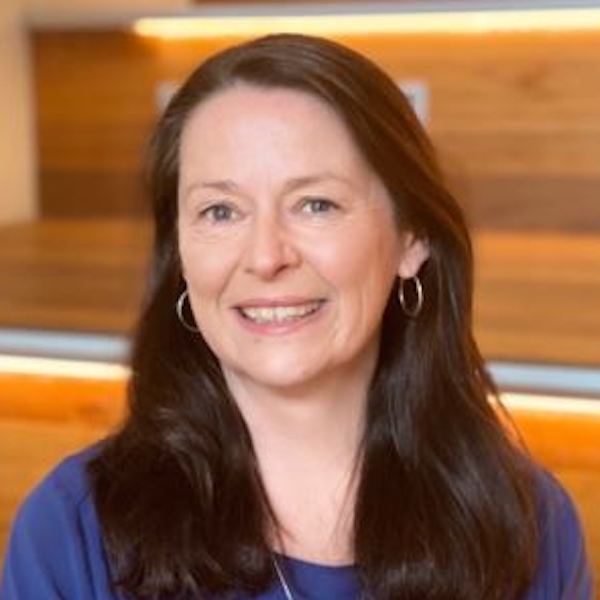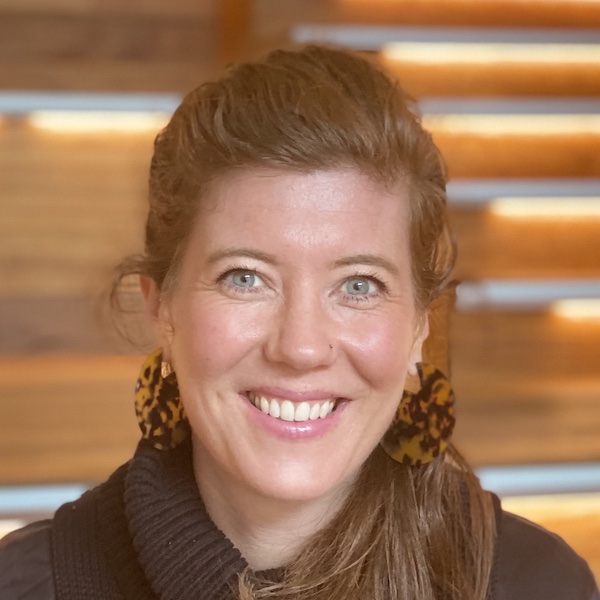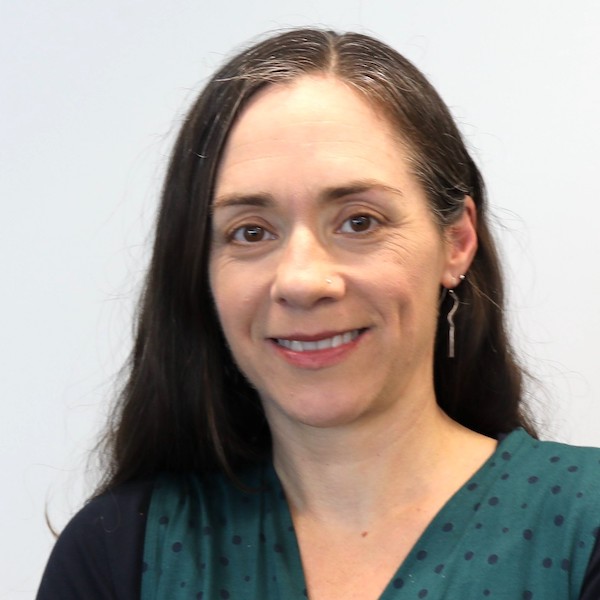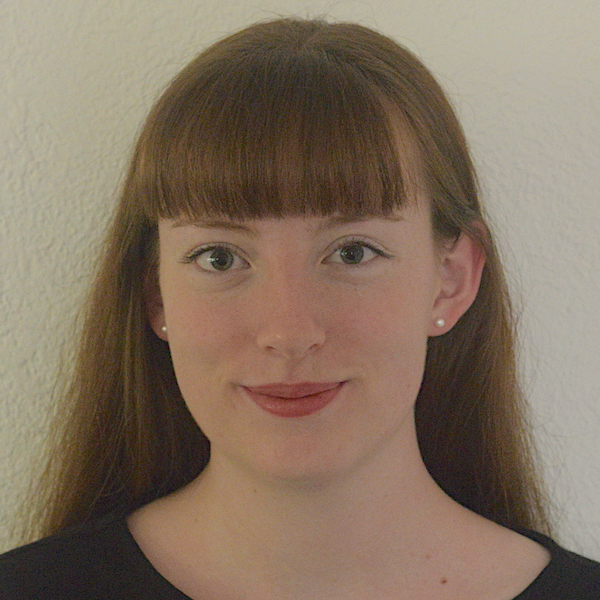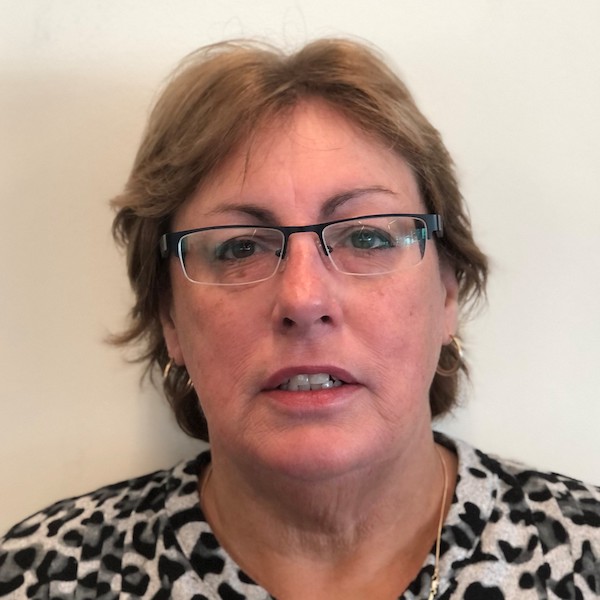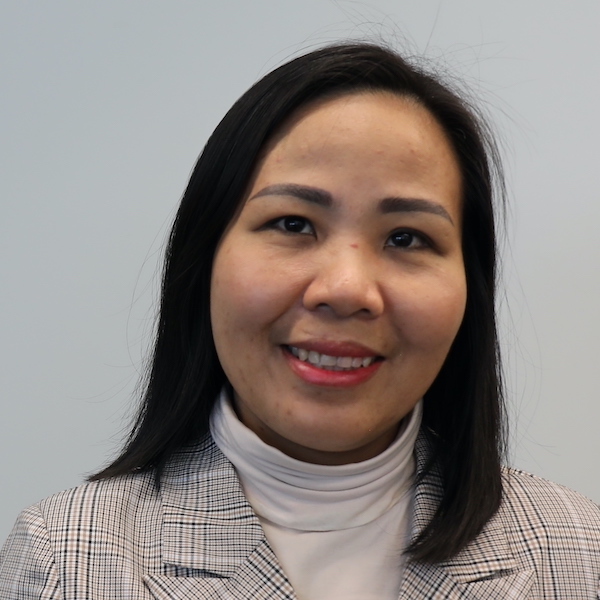Research in Effective Education in Early Childhood (REEaCh)
Our purpose is to make a sustained impact upon the lives of young Australians through advancing the quality of early learning experiences for all children.
The REEaCh Centre has three priorities of research and engagement in early childhood education and care: the quality of early childhood education programs, the equitable participation of all children in high-quality programs, and the importance of educational leadership to sustained quality improvement in early childhood education programs.
REEaCh Research
-
Teacher effectiveness
Our research on teacher effectiveness focuses on teacher–child interactions and assessment for learning practices as valuable ways to maximise young children’s learning and development outcomes, and address disparities in child development early in life.
-
Children's Outcomes
Our research on children's learning outcomes, demonstrates the mechanisms (e.g., sufficient quality and intensity) by which early childhood education programs impact children’s learning and development.
-
The Research Network
Educators and early childhood professionals across Australia are invited to join our Research Network of Early Childhood Professionals, to collaborate in research and give voice to real-world issues in early childhood education and care (ECEC).
-
The EDGE Study
The Educational and Developmental Gains in Early Childhood (EDGE) study is a partnership with The Front Project and the Victorian Department of Education and Training for a five-year evaluation of the state-wide roll-out of Three-Year-Old Kindergarten in Victoria.
The REEaCh Centre was established in 2019, with a generous philanthropic investment from Jenny and John Leaper. Learn more
What's on at REEaCh
Our Staff
Graduate Researchers
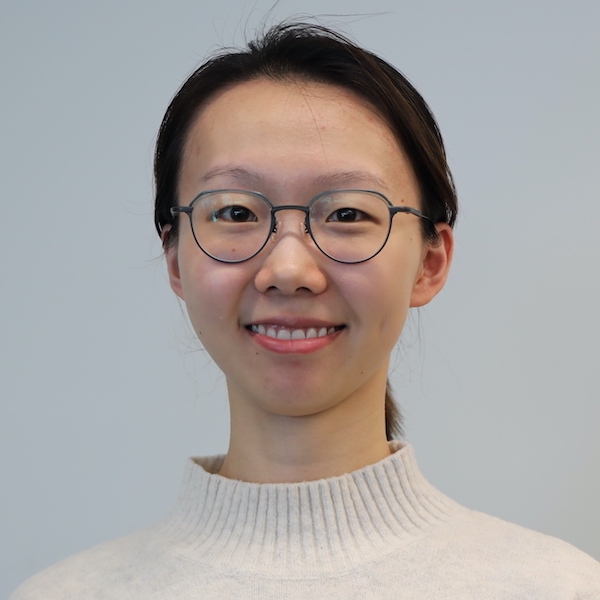
Shuo Liu
Project: Professional learning communities and teacher agency in early childhood education.
lsl6@unimelb.edu.au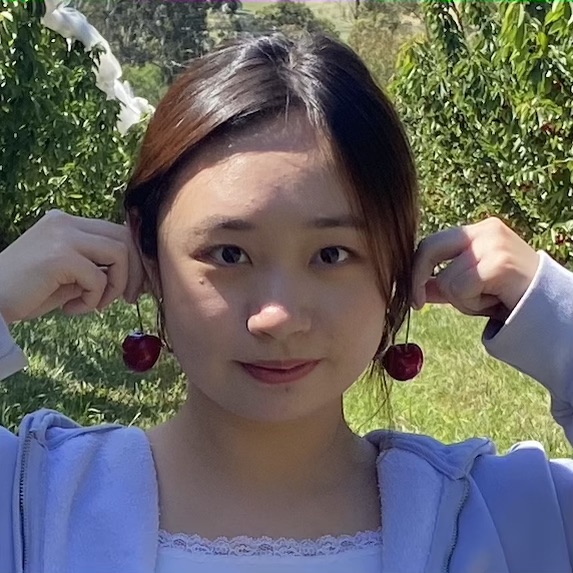
Wei Yao
Project: Learning in mealtime interactions in three-year-old kindergarten programs.
wyao3@unimelb.edu.au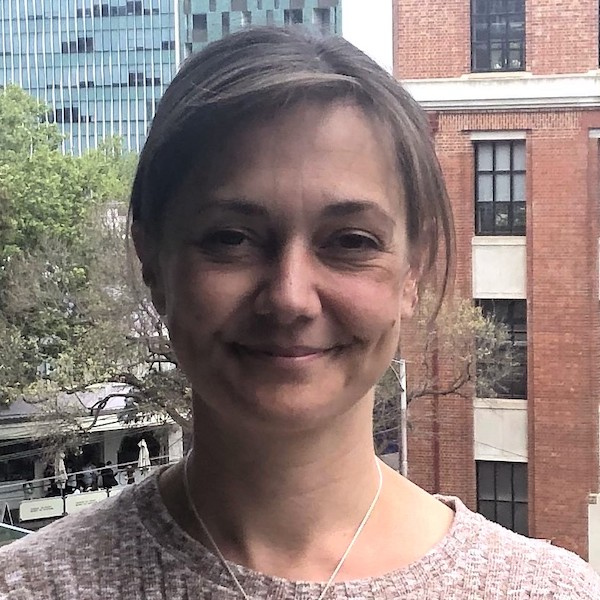
Rachael Keating
Project: Pedagogical leadership in early childhood education.
keating.r@unimelb.edu.au
Shihuan Wang
Project: Teacher self-efficacy in developing effective partnerships with families.
shihuanw@unimelb.edu.au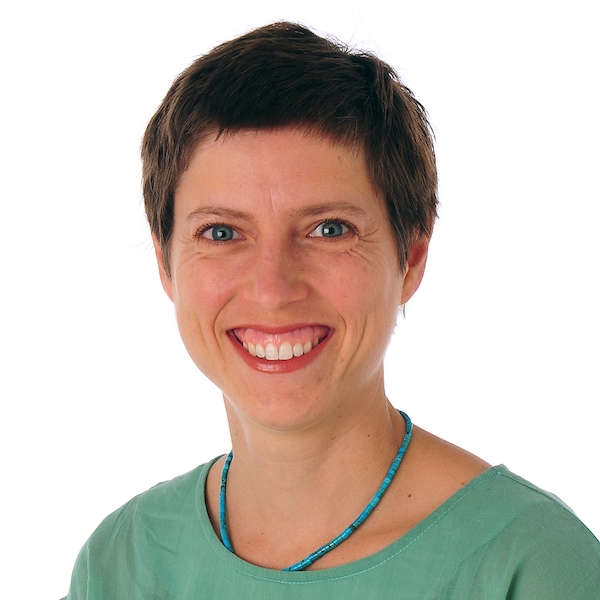
Catriona Elek
Project: The influence of coaching interactions on early childhood educators' learning.
celek@unimelb.edu.au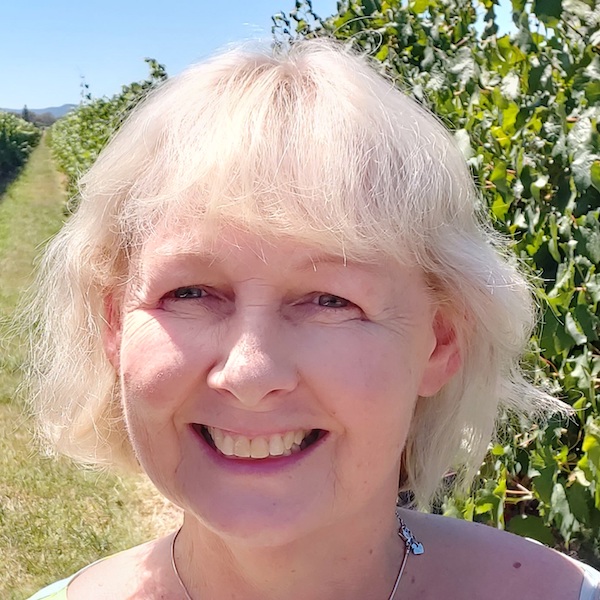
Jackie Brien
Project: The role of professional reading for early childhood educators.
jackie.brien@education.vc.gov.au
Olivia Penna
Project: Implementing inclusive early childhood education in Australia for children with a disability aged 3-5 years old. Supervisors: Professor Tricia Eadie, Professor Jane Page, Professor Lorraine Graham REEaCh Centre scholarship with Leaper funding.
2024
Prof Clare Wood, Nottingham Trent University, UK
Prof Iram Siraj, Oxford University, UK
2023
Prof Frank Niklas, Professor for Educational Psychology and Family Studies at the University of Munich (LMU), Germany.
Prof Cristina McKean, Newcastle University, United Kingdom.
Prof Tim Jay & Dr Tilly Flint, Loughborough University, United Kingdom.
Nathalie Frey, University of Wuerzburg, Germany.
Prof Courtenay Norbury, University College London, United Kingdom.
Dr Kiera Solaiman, University of Manchester & Sheffield, United Kingdom.
Prof Shannon Jarrott, The Ohio State University, USA.
A/Prof Jennifer LoCasale-Crouch, Virginia Commonwealth University, USA.
2022
Prof Sandie Wong, Macquarie University School of Education, and Goodstart Early Learning.
2019
Dr Mara Krechevsky, Research Director of Project Zero at Harvard University, USA.
Academics and Graduate Researchers seeking to visit the REEaCh Centre should contact Professor Jane Page.

Dr Dr Anne Kennedy
Educational Leadership in Early Childhood Microcredential series
In 2021 four microcredentials will be offered as part of the Educational Leadership in Early Childhood Series. Microcredentials are 8-week online courses which are industry aligned and support ECEC educational leaders and educators to engage with cutting edge research and world-class pedagogical practice. Each microcredential can be taken as a stand-alone course, or you can complete all four microcredentials in the Educational Leadership in Early Childhood series as a pathway into the Graduate Diploma in Early Childhood Teaching. Learn more about the first two microcredentials:
Leading Learning for Quality Improvement
Leading Learning through Partnerships


The Abecedarian Approach Australia (3a)
Staff in the REEaCh Centre are at the forefront of research, training and implementation of the 3a strategies Australia wide.
3a is a set of evidence-based teaching and learning strategies for early childhood educators and parents to use with children from birth to five. Research has shown that 3a delivers enhanced educational outcomes by enriching and enhancing educator practice – both before and after a child starts school.
For more information about 3a and training visit here.
The Abecedarian Approach Australia training is available through the Victorian DET’s School Readiness Funding. Details are available on the Victorian DET's website.
Classroom Assessment Scoring System (CLASS)™
The CLASS (Classroom Assessment Scoring System) Observation Training program enables participants to develop capacity and confidence in providing feedback on teacher practice to improve children’s learning and development outcomes. The program involves observing teacher-child interactions and providing feedback to help new and experienced teachers become more effective. The program also helps educational leaders and teachers to lead and develop other educators in their settings.
The Faculty of Education is an authorised trainer in CLASS in Australia across Toddler, Pre-K and K-3 levels. View more information about training.
CLASS Training is available through the Victorian DET’s School Readiness Funding. Details are available on the Victorian DET's website.


Learning Language and Loving It™ - The Hanen Program®
The Learning Language and Loving It Program was designed to provide early childhood educators with practical strategies for helping all children in the classroom build language and social skills, no matter what their learning and communication styles are, and even if they have special needs. The Program provides you with practical, research-based strategies for:
- Promoting every child’s language development using natural everyday activities, routines and play
- Becoming attuned to children’s interests so you can follow their lead, which is known to foster language development
- Adjusting the way you talk to help children develop more advanced language skills
- Promoting interaction among the children themselves
- Facilitating language-learning in pretend play
- Fostering emergent literacy skills.
A Hanen Certified speech-language pathologist and an early childhood education consultant lead the program. Over a 14 week period the course includes 8 group workshop sessions + 4-6 individual coaching sessions. During the program, you will use the guidebook Learning Language and Loving It: A Guide to Promoting Children’s Social, Language, and Literacy Development in Early Childhood Settings. Participants in the program will be required to purchase the Guide prior to commencing training. Learn more.
If you are interested in this program for your whole service or individually please contact Halina McNally via email.
The Learning Language and Loving It training is available through the Victorian DET’s School Readiness Funding. Details are available on the Victorian DET's website.

Kindergarten Language and Preliteracy Program
This program was designed to support teachers’ language and preliteracy teaching practice. The program is delivered over a term, for a total of three days: 2 days of initial content delivery, with time for participants to then test out new ideas/strategies and return for a final day to consolidate new learnings and report on the testing of new ideas/strategies. The program focuses on key aspects of language and preliteracy learning: listening, speaking, reading, and writing. The program provides educators with practical ways to engage children in language and preliteracy, and includes a professional learning suite of activities and experiences that will improve content knowledge and pedagogical practice in early childhood language learning within the context of the Early Years Learning Framework (EYLF). Participants will be provided with both theoretical and practical content, together with the provision of activities educators can use within their services to apply their knowledge and teaching strategies. Flexible delivery (e.g., online) can be provided to ensure accessibility to the program.
If you are interested in this program for your whole service or individually, please contact Penny Levickis via email.
A scoping review of theories of change in Australian early childhood education research
An intentional approach to meaningful teacher-child musical interactions
Early Childhood Educators' Wellbeing and Views on Mathematics
Conceptualising child wellbeing from the perspectives of educators, children and families
The Early Learning Teaching Pilot
The Early Language in Victoria (ELVS) Study
The Educational and Developmental Gains in Early Childhood (EDGE) Study
Building a Bridge into Preschool in Remote Northern Territory Communities
Early Childhood Learning at the Museum
Early Years Assessment for Learning Tool
Every Toddler Talking Research Evaluation
Examining evidence use in early childhood education and care (ECEC) and schools
Families as First Teachers (FaFT) Online Coaching study
Family engagement with Early Childhood Education and Care during the COVID-19 pandemic
Improving Teaching Skills for Early Childhood Educators (ITSECE)
Learning from COVID-19 crisis in early childhood education: Educator wellbeing and family engagement
Mini-Maddern Pop-up Playground
The influence of coaching interactions on early childhood educators’ learning
Catriona Elek. Supervisors: Prof Jane Page and Prof Tricia Eadie
Implementing Inclusive Education in Early Childhood Settings
Olivia Penna. Supervisors: Prof Tricia Eadie, Prof Lorraine Graham & Prof Jane Page
Connecting policy and parents in the early childhood education and care sector
Phyllis Jackson. Supervisors: Prof Jane Page and Dr Di Mulchavy
The perceptions and experiences of professionals in the early childhood sector regarding ways in which professional reading has supported them to engage with evidence-based practices to improve learning, development and wellbeing outcomes for young children
Jackie Brien. Supervisors: Prof Jane Page and Dr Jeanette Berman
Research interest: Looking at effective teaching practices in kindergarten classrooms in low and middle income countries.
Adeola Monty. Supervisors: Prof Janet Clinton, Prof Jane Page and Dr Rhonda di Biase
Young children making meaning through co-creating art installations.
Jo Dean. Supervisors: Dr Marnee Watkins and Dr Robert Brown
Pedagogical leadership in Australian early childhood education and care: Exploring relationality through human and more-than-human encounters.
Rachael Keating. Supervisors: Prof Jane Page, Dr Sonja Arndt, Dr Penny Levickis
Teacher Self-Efficacy in Developing Effective Partnerships With Families: Perspectives of In-Service Early Childhood Teachers in Long Day Care Settings
Shihuan Wang. Supervisors: Prof Patricia Eadie, Dr Penny Levickis
The role of reflective dialogue in facilitating and sustaining teacher agency in the early childhood education and care (ECEC) sector.
Shuo Liu. Supervisors: Prof. Jane Page, Dr Laura McFarland, Dr Amelia Church
Learning in routines: Mealtime interactions in (ECEC) settings
Wei Yao. Supervisors: Dr Amelia Church, Dr Penny Levickis, Dr Sarah Young
Quality of feedback in teacher–child interactions.
Ha Thanh Le. Supervisors: Dr Amelia Church, Dr Hannah Stark, Prof Patricia Eadie
Upcoming events
Past Events
Canobi, K. H., Eadie, P., Murray, L., Levickis, P., Page, J., & McFarland, L. (2024). Profiles of Professional Wellbeing and Turnover Intentions Among Australian Early Childhood Educators. Early Education and Development, 1–17. https://doi.org/10.1080/10409289.2024.2336434
Levickis, P., Murray, L., Niklas, F., Lee-Pang, L., Vogt, M., Page, J., ... & Lehrl, S. (2023). Exploring Environmental Factors Associated with Child Wellbeing during COVID-19 in Australia and Germany. Education Sciences, 13(7), 641. https://doi.org/10.3390/educsci13070641
Young, S., Church, A., Maskiell, A., Raisbeck, P. & Eadie, P. (2023) Design considerations in the activation of a temporary playspace for children and families: perspectives of council, architects and designers, Australian Planner, DOI: 10.1080/07293682.2023.2219789
Penny Levickis, Dan Cloney, Maude Roy-Vallières & Patricia Eadie (2023) Associations of Specific Indicators of Adult–Child Interaction Quality and Child Language Outcomes: What Teaching Practices Influence Language?, Early Education and Development, DOI: 10.1080/10409289.2023.2193857
Patricia Eadie, Ben Deery, Lisa Murray, Penny Levickis, Jane Page & Catriona Elek (2022) What are the research priorities of Australian early childhood professionals? Results of a Delphi style study. International Journal of Early Years Education, DOI: 10.1080/09669760.2022.2091980
Patricia Eadie, Jane Page, Penny Levickis, Catriona Elek, Lisa Murray, Lucas Wang & Catherine Lloyd-Johnsen (2022) Domains of quality in early childhood education and care: A scoping review of the extent and consistency of the literature, Educational Review, DOI: 10.1080/00131911.2022.2077704
Levickis, P., Murray, L., Lee-Pang, L. et al. (2022). Parents’ Perspectives of Family Engagement with Early Childhood Education and Care During the COVID-19 Pandemic. Early Childhood Education Journal. https://doi.org/10.1007/s10643-022-01376-5
Patricia Eadie, Lisa Murray, Penny Levickis, Jane Page, Amelia Church & Catriona Elek (2022) Challenges and supports for educator well-being: perspectives of Australian early childhood educators during the COVID-19 pandemic, Teachers and Teaching, DOI: 10.1080/13540602.2022.2062746
Murray, L., Eadie, P., Church, A., Levickis, P., Page, J. (2022). Wellbeing During the COVID-19 Pandemic: Perspectives of Australian Early Childhood Educators. In: Pattnaik, J., Renck Jalongo, M. (eds) The Impact of COVID-19 on Early Childhood Education and Care. Educating the Young Child, vol 18. Springer, Cham. https://doi.org/10.1007/978-3-030-96977-6_7
Gapany, D., Murukun, M., Goveas, J., Dhurrkay, J., Burarrwanga, V., & Page, J. (2022). Empowering Aboriginal Families as Their Children’s First Teachers of Cultural Knowledge, Languages and Identity at Galiwin’ku FaFT Playgroup. Australasian Journal of Early Childhood, 47(1), 20-31. https://doi.org/10.1177/18369391211038978
Eadie, P., Levickis, P., Murray, L., Page, J. & Elek, C. (2021) Early childhood educators’ wellbeing during the COVID-19 pandemic. Early Childhood Education Journal, 49, 903–913. https://doi.org/10.1007/s10643-021-01203-3
Eadie, P., Young, S., Suda, L. & Church, A. (2021). Facilitator and teacher perspectives on museum programs for young children. Journal of Museum Education, DOI: 10.1080/10598650.2021.2000770
Young, S., Eadie, P., Suda, L. & Church, A. (2021) LEARN: Essential elements of museum education programs for young children. Curator: The Museum Journal, DOI: 10.1111/cura.12456
Page, J., Murray, L., Niklas, F., Eadie, P., Cock, M.L., Scull, J & Sparling, J. (2021) An Abecedarian Approach with Aboriginal families and their young children in Australia: Playgroup participation and developmental outcomes. International Journal of Early Childhood, 51, 233–250 (2019). https://doi.org/10.1007/s13158-019-00246-3
Page, J., Murray, L., Niklas, F. et al. (2021) Parent Mastery of Conversational Reading at Playgroup in Two Remote Northern Territory Communities. Early Childhood Education Journal. https://doi.org/10.1007/s10643-020-01148-z
Page, J., Murray, L., Cock, M. L., Eadie, P., Nossar, V., Niklas, F., Scull, J., & Sparling, J. (2021). Aboriginal children’s health, playgroup participation and early learning outcomes in two remote Northern Territory communities. Health Education Journal, 80(5), 596–610. https://doi.org/10.1177/0017896921994162
Eadie, P., Page, J & Murray, L. (2021). Continuous improvement in early childhood pedagogical practice: The Victorian Advancing Early Learning (VAEL) Study. In S. Garvis & H.L. Taguchi (Eds.) Quality improvement in early childhood: Working to enhance children’s learning outcomes (pp. 69-91). London: Palgrave Macmillan.
Scull, J., Page, J., Lee, W. Y., Murray, L., Gapany, D., Stewart, S., Murukun, M., Scannell, N., Lawrence, R., Dhurrkay, J., Hayes, F., Burarrwanga, V., Chynoweth, L., Callahan, M., Goveas, J. N., Cock, M. L., Mentha, S., Eadie, P., & Sparling, J. (2021). Mothers as First Teachers: Exploring the Features of Motherchild Interactions That Support Young Aboriginal Children’s Multilingual Learning at Playgroup. TESOL in Context, 30(1), 33–60. https://doi.org/10.21153/tesol2021vol30no1art1580
Scull, J., Page, J., Cock, M. L., Nguyen, C., Murray, L., Eadie, P., & Sparling, J. (2021). Developing and validating a tool to assess young children’s early literacy engagement. Australasian Journal of Early Childhood, 46(2), 179–195. https://doi.org/10.1177/18369391211009696
Eadie, P., Stark, H. & Niklas, F. (2019) Quality of interactions by early childhood educators following a language-specific professional learning program. Early Childhood Education Journal, 47, 251–263. https://doi.org/10.1007/s10643-019-00929-5
Page, J., & Eadie, P. (2019). Coaching for continuous improvement in collaborative, interdisciplinary early childhood teams. Australasian Journal of Early Childhood, 44(3), 270–284. https://doi.org/10.1177/1836939119855542
Early childhood educators feel burnt out and undervalued. Here’s what we can do to help. Conversation article, published 28 October 2021
Sorting 'red flags' from run-of-the-mill chaos at a childcare centre, Interview with Professor Tricia Eadie on ABC Life, published 5 October 2020
Why ECE is everyone’s business. Pursuit article, published 31 May 2019
Innovative strategies to support family engagement and educator wellbeing
A range of resources generated through a partnership project between REEaCh, Goodstart Early Learning and the Centre for Community Child Health. In phase one of this project, online survey and interview methods were used to generate insights about innovative practices used by Goodstart services during the COVID-19 pandemic to support educator wellbeing and maintain connections with children and families. In phase two, a coach worked with a small group of educators who used co-design methodology to test and refine innovative practices over a period of 18 months. Knowledge translation methodology was used to develop resources and disseminate learnings widely. This project was funded by the Ian Potter Foundation.
Family engagement with ECEC services during COVID-19: Video summary of research findings
Dr Penny Levickis summarises findings from a qualitative research project conducted with Australian families during the COVID-19 pandemic. Families were interviewed about their experiences engaging with ECEC services during the pandemic, including the impact of restrictions on their relationships with educators and their home environment.

